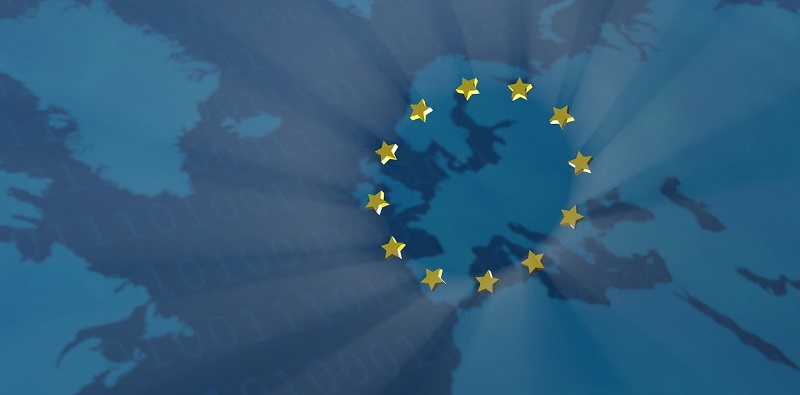The proposed EU Artificial Intelligence legislation has raised significant concerns among industry leaders who argue that such regulations would jeopardize Europe’s competitiveness and technological sovereignty. In this article, we will examine the key aspects of the proposed legislation, the response from EU lawmakers, and the objections raised by prominent executives and researchers in the field.
Overview of the proposed EU Artificial Intelligence legislation
The EU lawmakers recently agreed to a set of draft rules aimed at regulating AI systems. These rules would require systems like ChatGPT to disclose AI-generated content, distinguish deepfake images, and implement safeguards against illegal content. While the intention behind the legislation is to address potential risks associated with AI, it has sparked a debate about the potential impact on innovation and market competition.
Agreement of EU lawmakers on draft rules for AI systems
The draft rules put forth by EU lawmakers aim to ensure transparency, safety, and accountability in the deployment of AI systems. They intend to strike a balance between harnessing the benefits of artificial intelligence while safeguarding against its potential misuse. The agreement includes provisions for different risk levels, categorizing AI systems as either “low risk,” “high risk,” or “unacceptable risk,” with varying levels of regulatory scrutiny.
Previous signatories calling for regulation of AI
Elon Musk, renowned entrepreneur and CEO of Tesla, and Sam Altman, CEO of OpenAI, are among the notable signatories of letters that called for the regulation of AI. This group, which also included experts such as Geoffrey Hinton and Yoshua Bengio, recognized the importance of implementing ethical guidelines and legal frameworks to address the potential risks of AI. Yann LeCun, who is currently working at Meta, joined executives from companies such as Renault and the German investment bank Berenberg in signing a letter challenging the proposed EU regulations. The letter highlights concerns that the legislation would heavily regulate technologies like generative AI and impose significant compliance costs and liability risks on companies involved in their development.
Concerns raised about heavy regulation and compliance costs
The letter warns that the proposed regulations may lead to highly innovative companies relocating their activities outside of Europe. The burden of compliance costs and liability risks could deter investment in AI research and development, hindering Europe’s position as a global leader in the field of artificial intelligence.
Potential consequences of the regulations on innovation and competitiveness
Executives who signed the letter argue that the proposed regulations would disproportionately increase liability risks and compliance costs for companies developing AI systems. This could stifle innovation by imposing burdensome regulatory hurdles and discourage startups and investors from entering the European AI market.
OpenAI’s stance on regulations
It is worth noting that Sam Altman of OpenAI, who was a signatory of previous letters calling for AI regulation, later reversed his position, stating that the company has no plans to exit. While this might indicate a difference of opinion among industry leaders, concerns about the potential negative impacts of regulations remain.
List of executives who signed the letter against the regulations
Over 160 executives from various companies, including Renault, Meta, Cellnex, Mirakl, and Berenberg, lent their support by signing the letter opposing the proposed EU AI regulations. Their collective effort emphasizes the need for a balanced approach that considers both innovation and accountability.
Argument made by the executives regarding liability risks and compliance costs
The executives contend that the regulations would unduly burden companies developing AI systems with compliance costs and liability risks. They argue that the legislation fails to strike the right balance, potentially hindering technological advancements and restricting Europe’s ability to remain competitive in the global AI landscape.
While the proposed EU Artificial Intelligence legislation aims to address potential risks associated with AI systems, it has garnered significant criticism from industry executives and researchers. The concerns raised about heavy regulation, compliance costs, and potential impacts on innovation and competitiveness highlight the importance of striking a well-balanced approach to AI regulation. As the legislative process progresses, it is crucial to consider input from all stakeholders to ensure that ethical, transparent, and accountable AI solutions can be developed while fostering Europe’s competitive edge in this transformative technology.

